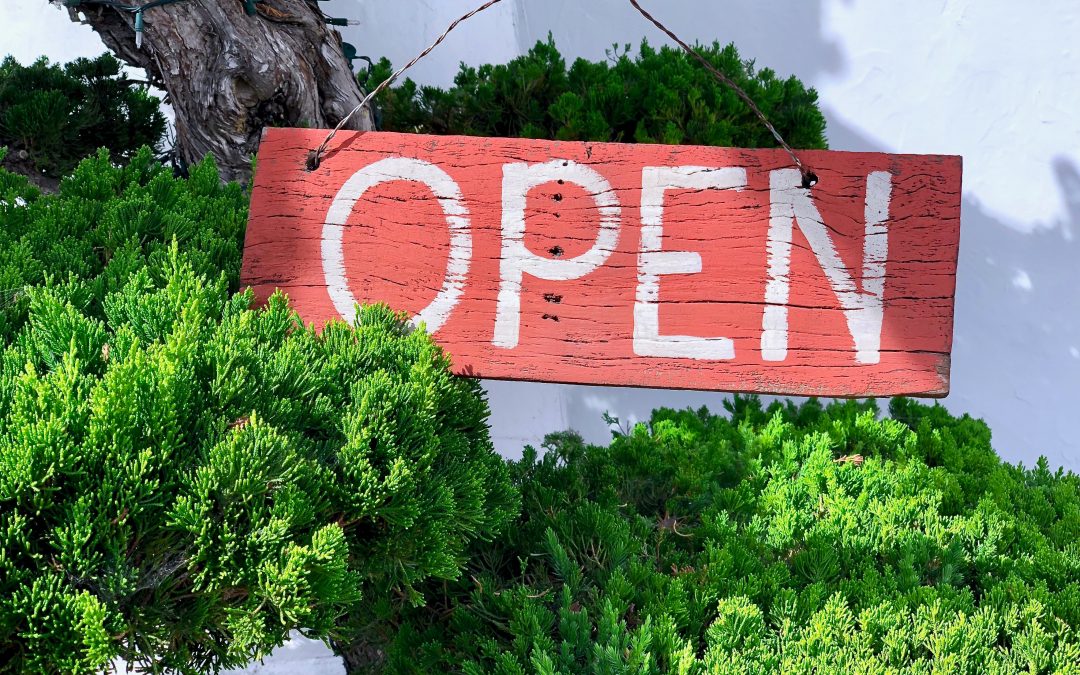“Be patient toward all that is unsolved in your heart and
try to love the questions themselves…
Live the questions now.
Perhaps you will then gradually, without noticing it,
live along some distant day into the answer.”
— Rainer Maria Rilke
Asking open questions is an essential leadership skill. Thoughtfully formed questions can transform a conversation from status quo interaction to breakthrough thinking. However, most of us tend to ask “closed questions.” Closed questions confirm our current beliefs by expressing an opinion or judgment and attempting to weaken the other person’s argument. We ask closed questions, consciously or unconsciously to win or to be proven right.
Here’s what closed questions sound like:
They tend to elicit binary (e.g., yes/no) answers.
Do you think we succeeded in achieving our project goals?
They have biases or assumptions built into them.
Don’t you think it’s a good idea to hire two more people?
They sound more like cross-examination and rationalization than honest inquiry.
Why did you invest our money in high-risk ventures?
In contrast, open questions are motivated by one thing — to learn something new. Asking open questions is a leader’s most powerful strategy to evoke discovery, insight, and commitment. Open questions require you to admit to yourself that you do not know — what the Buddhist call embracing one’s “beginners mind.” You ask a question because you genuinely want to hear the other person’s answer. Here’s what open questions sound like:
They are open-ended. They tend to ask “when,” “what,” and “how.” Rather than looking for yes/no or a single answer, they invite many possible answers.
How do you think we did on the project relative to our original goals?
They assume positive intent — affirming the intelligence, integrity, and commitment of the other person.
What might it look like if we hired two more people?
They are evocative. They challenge current assumptions and provide a fresh way of thinking about an issue.
What if you treated your time as a rare resource you must consciously invest in order to maximize the contribution and impact you seek to have in the world?
They are generous. In addition to helping you gain a new understanding, open questions are intended to help the receiver gain clarity, new insight, and forward momentum.
Begin to notice the kinds of questions you ask on a default basis. How are the questions you ask impacting the conversations around you?
Photo credit: James Lee on Unsplash

LOVE Rilke so much and the concept of living your way into the answers. Thank you, Larry.